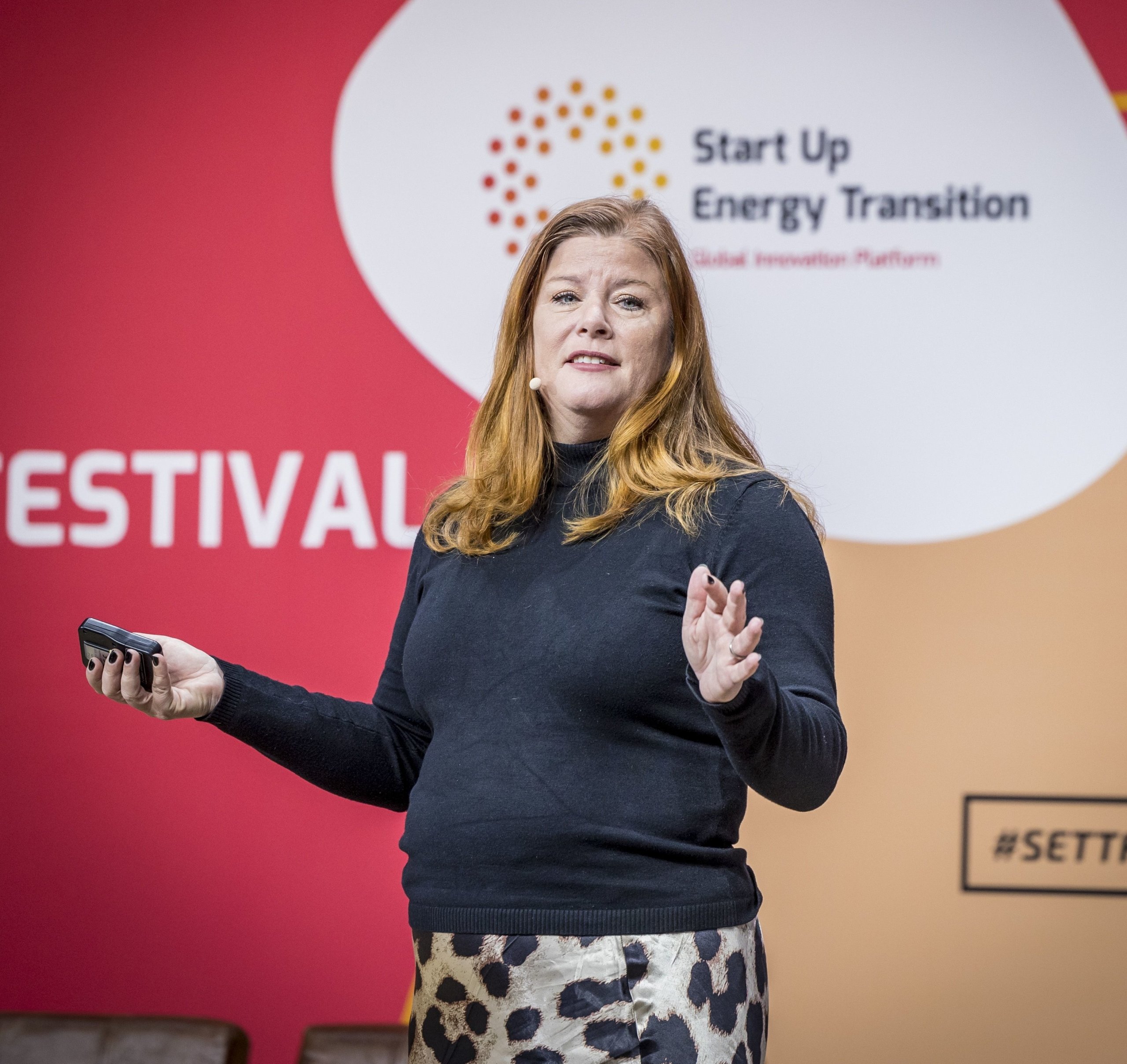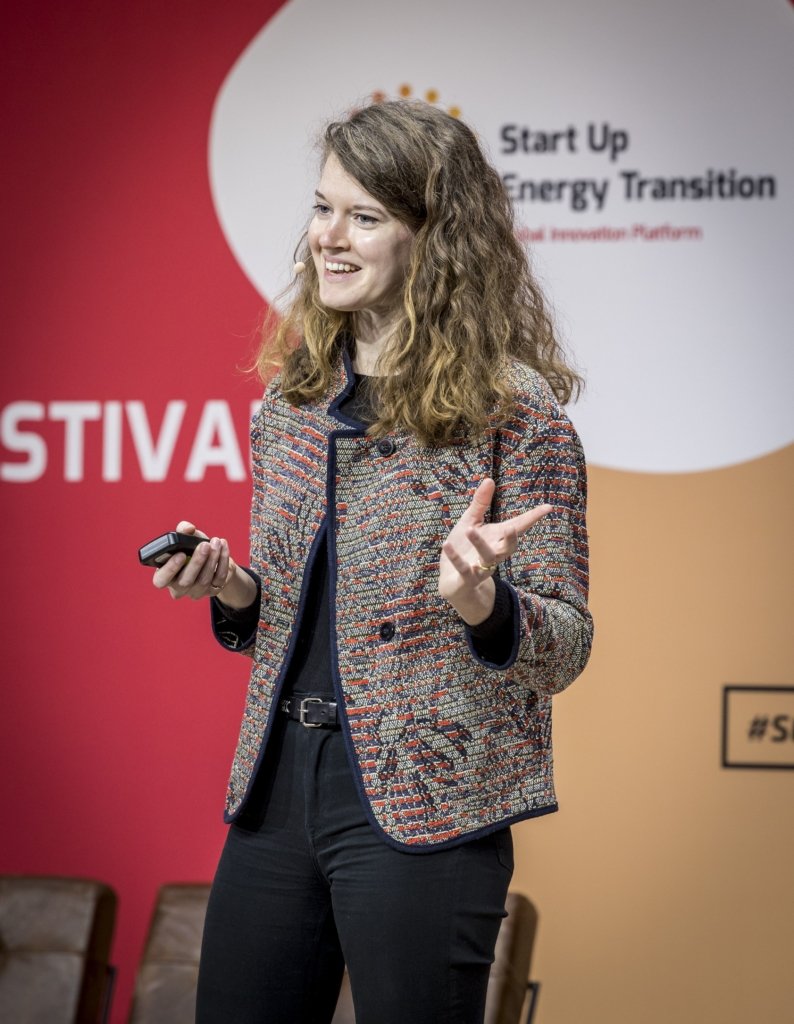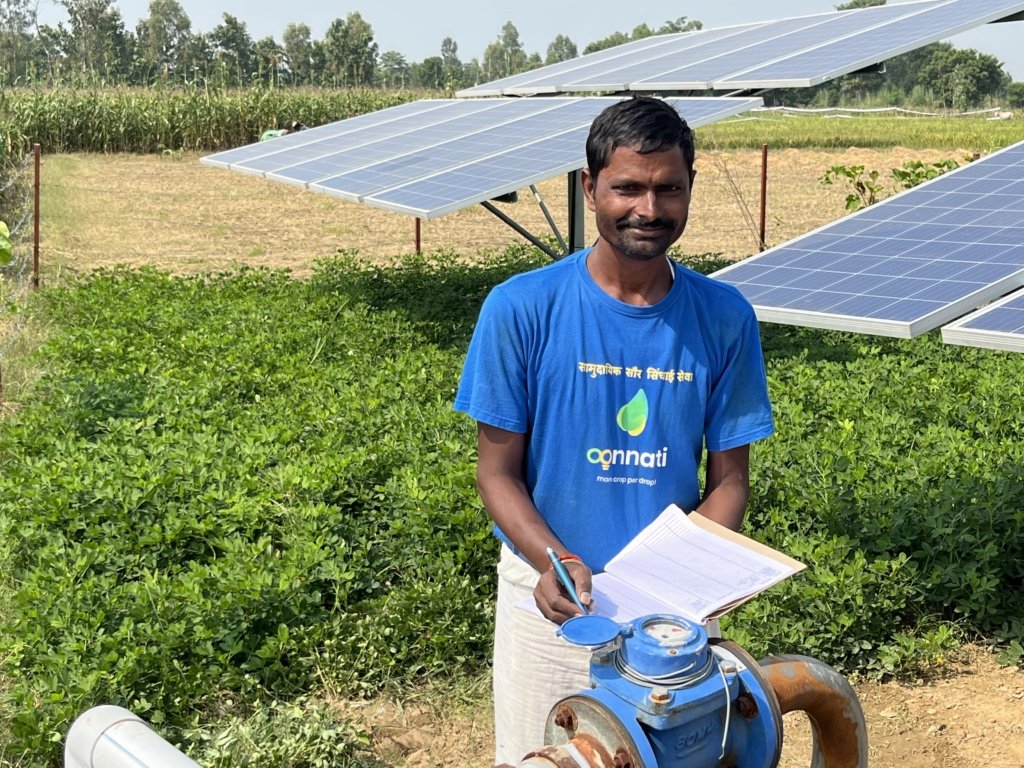How are women-led start-ups faring in climate tech? This article delves into insights from two remarkable female founders of our seventh SET Award cohort, Karin Ebbinghaus of Elonroad and Clementine Chambon of Oorja Development Solutions. Their personal missions and start-ups not only deliver on net-zero goals but drive social impact and climate justice as integral part of their business models.
Female-Founders Engage With Social Impact
In the realm of the climate tech start-up ecosystem, compelling trends are being uncovered. Research by University of California indicates that female-led ventures show a robust commitment to social responsibility, surpassing their counterparts that lack women in founding teams. This intriguing insight becomes especially profound when we delve into the underpinning gender gaps inherent to the business landscape.
Shedding light on this matter, Forbes delved into extensive research to argue that when compared to their male counterparts, women are driven by ethical committments to leverage their desire to create positive societal impact.
The climate-tech landscape is testament to this transformative phenomenon. Here, women founders are not just breaking glass ceilings, but leaning into the power of climate technology to enable positive environmental and societal change. In doing so, they are also carving out a future with an unwavering focus on social impact and climate justice.
Influencing Social Impact – Karin Ebbinghaus, Elonroad
One such trailblazing co-founder and CEO is Elonroad’s Karin Ebbinghaus, our most recent SET Award finalist in the “Mobility & Transportation” category. As the driving force behind the smart-mobility disruptor Elonroad, she embodies how intertwining social impact, climate neutrality, and business growth can foster a sustainable, equitable, and interconnected future.

Integral to the company’s approach are Ebbinghaus’ personal beliefs of inclusiveness, interaction, and inspiration. In her own words, both she and her start-up “want everyone to be able to afford an EV,” as it would “drive systemic change for individuals, businesses, cities and states.”
“Systemic change is the core and foundation of Elonroad. Our environmental impact mission is not an add-on to our product development or business model. It is our business model. For us, reducing carbon footprint means many things. If Elonroad is able to contribute to smaller batteries for each vehicle, EVs will become more affordable and accessible for a greater audience than today. By designing our electric charging road system to be modular and easy to install, we enable quick and cost-effective expansion, increasing access to electric transportation, reducing emissions, and improving air quality.” – Karin Ebbinghaus, Co-Founder & CEO, Elonroad
Furthermore, Elonroad actively prioritises collaboration and dialogue between different communities by “seeking out partnerships with cities, municipalities, and other organizations to facilitate cross-sector collaboration and innovation.”
Whether driving or parked, Elonroad creates a charging system that is accessible and inclusive for all individuals, regardless of their background or socioeconomic status. In practice this leads the company to prioritize initiatives that “promote diversity and inclusion for our staff as well for the communities we serve.”

Why having Women in Climate Tech Matters
Although women-led climate tech start-ups with strong social and environmental missions tend to yield better financial returns, barriers to securing funding, as well as accessing mentorship and networking opportunities persist. According to data from US provider Pitchbook, global private equity (PE) investment into clean tech businesses founded by men stood at a whopping $10bn in 2021, dwarfing the $26.1m raised by businesses with female-founders in the same year.
This comes at a significant cost of our future, as companies with gender-diverse management teams have been proven to prioritise positive social impact and inclusion! While we have the necessary technologies to tackle the climate crisis, the challenge lies in their wide-spread implementation. Barriers to equitable access hinder the swift deployment of climate tech globally. Remote populations, limited consumer awareness, high upfront costs, and lack of access to traditional finance are some of the main obstacles to climate adaptation today.
Despite these hurdles, the tenacity of female entrepreneurs is unwavering, as demonstrated by co-founder and CTO, Clementine Chambon of Oorja, our 2023 SET Award winner. For her, these obstacles can only be alleviated by “ensuring representation of the communities that are often disproportionately affected by climate change.”
Driving Climate-Justice – Clementine Chambon, Oorja Development Solutions
Chambon’s commitment to equitable representation underpins Oorja’s mission to overcome financial barriers that hinder the spread of clean energy, particularly amongst the communities most affected in the Global South. This is why her AgriTech start-up Oorja is pioneering an inclusive business model that bridges the investment gap for clean energy infrastructure for rural Indian farmers.

“To really move the needle on climate change we need to enable a just transition, ensuring technologies reach the ones affected by it most. Women lead the charge in facing the brunt of climate impacts and in advocating for change, which is why their representation as climate-tech leaders is crucial. It’s not just about women; marginalized groups based on ethnicity, class, religion, etc., must be included. Their firsthand experiences drive solutions that meet their needs, ensuring relevance and tailored impact.” – Clementine Chambon, Co-Founder & CTO, Oorja Development Solutions
The start-up’s innovative Pay Per Use farming services allow low-income farmers to access ‘productive use’ appliances – making clean energy accessible, affordable, reliable and convenient for all. This empowers disadvantaged farmers to mitigate climate change impacts such as unseasonal rains, droughts, flash floods, extreme temperatures, among others.

In doing so, the start-up is not only eliminating the upfront cost barrier for solar power but exemplifies the resilience of female entrepreneurship. Their mission and business model highlight the crucial role women play in combating climate change.
A Resilient Ecosystem for Women in Climate Tech
In the dynamic world of climate technology, women innovators are shaping remarkable changes in climate tech. The increasing representation of female founders on our annual SET100 list, which catalogues impactful, climate-tech start-ups, signifies this positive shift. An impressive one in every four start-ups that secured a place in the 2023 SET100 list was female (co-)founded, and we hope for even further growth in the years ahead.
Addressing the existing biases and hurdles faced by women wanting to enter climate tech is essential for nurturing a more inclusive and innovative ecosystem. The trailblazing efforts of Ebbinghaus and Chambon underscore the unique advantages female innovators offer to the field of climate technology. By steering innovation, inclusivity, and net-zero goals, these female-founders are championing a future that is beneficial for everyone.
Source (cover picture): photothek/dena


